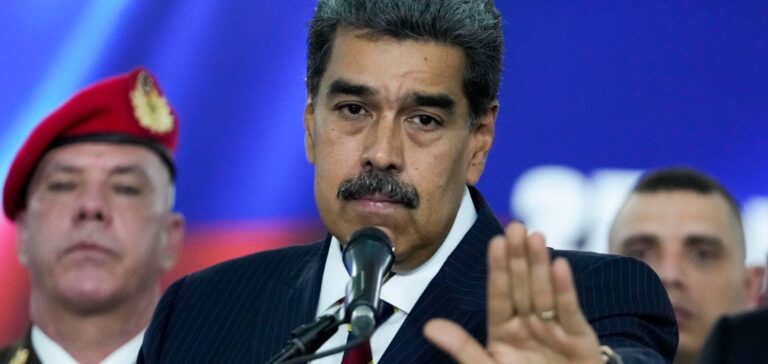The Venezuelan government has confirmed its intention to attract foreign capital into the oil sector following the U.S. decision to end Chevron’s operating license in the country. This measure, which forces the American company to cease its activities before April 3, was presented by President Donald Trump’s administration as a response to the outcome of last July’s presidential election, deemed illegitimate by Washington.
A sector seeking new investors
Nicolás Maduro stated that Venezuela remains open to foreign investment in the oil, gas, petrochemical, and refining sectors. He assured that all of the country’s oil fields would continue production despite Chevron’s departure, without specifying which actors might take over.
The U.S. government, through the Office of Foreign Assets Control (OFAC), has imposed a gradual reduction of Chevron’s activities in Venezuela, including its joint ventures with state-owned Petróleos de Venezuela (PDVSA) or any entity in which PDVSA holds more than a 50% stake. These restrictions replace measures adopted in November 2022 by the previous administration.
A market under pressure between sanctions and restructuring
Venezuela holds the world’s largest proven crude oil reserves, but its production has been significantly reduced by economic sanctions and a lack of investment. In February, national production exceeded one million barrels per day, and the government expects this trend to continue in March. Chevron previously accounted for nearly a quarter of this output, or approximately 200,000 barrels per day.
The country’s prolonged recession, which saw its gross domestic product shrink by 80% between 2014 and 2021, was exacerbated by falling oil prices and export restrictions. In this context, opening up to new investors appears to be necessary to maintain infrastructure and stimulate production.
An uncertain outlook for market players
The Venezuelan opposition has recently put forward an energy reform proposal aimed at attracting foreign companies and restructuring the sector. This initiative includes opening oil and gas blocks to private investment and auctioning stakes in PDVSA. The stated objective is to increase production beyond three million barrels per day, a level not seen in nearly 15 years.
Amid strengthened U.S. sanctions and restrictions on international transactions, Caracas is exploring alternative options to offset Chevron’s exit. Talks have been initiated with partners such as China and Turkey as the country seeks to diversify its funding sources and stabilize its energy sector.
The future of foreign investment in Venezuela will depend on the government’s ability to ensure a stable regulatory framework and overcome challenges related to economic sanctions. The outlook remains uncertain for market players in an environment marked by political tensions and persistent financial constraints.





















